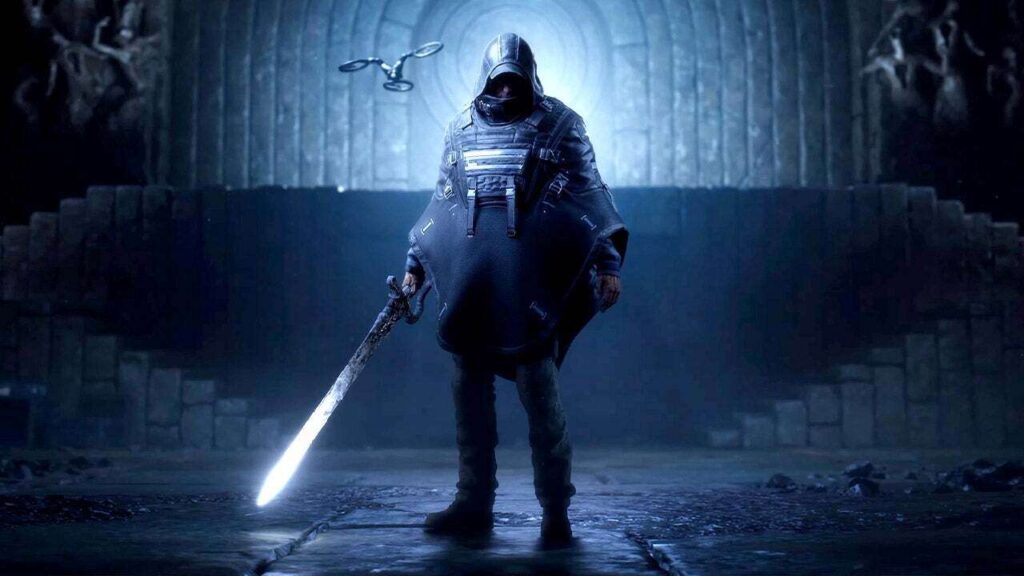
MONTREAL – In an era where video games are often pigeonholed into specific genres, Rogue Factor’s upcoming title, Hell Is Us, boldly challenges this trend. During a recent press event in Montreal, I spent three hours immersed in this intriguing game, which refuses to fit neatly into any established category.
Immediate Impact
Set in the early 1990s within the fictional hermit nation of Hadea, players take on the role of Remi, a native returning home to uncover his past amidst a civil war and a mysterious phenomenon known as the Calamity. This dual threat has unleashed otherworldly creatures, adding layers of complexity to Remi’s journey.
Key Details Emerge
As players navigate Hadea, they gather clues about Remi’s family and hometown through conversations with NPCs. This information is meticulously tracked in Remi’s datapad, which evolves from basic threads to a complex web of leads. For those who relish solving mysteries, Hell Is Us offers an enticing challenge.
Key Feature: No map, quest log, or objective marker – navigation relies on player intuition.
Industry Response
The game industry has seen a shift towards minimal hand-holding in recent years, but Hell Is Us takes this to a new level. Unlike Red Dead Redemption II, which allows players to customize their HUD, Hell Is Us offers no such options. Players must rely on environmental cues and their own deduction skills to progress.
By the Numbers
- Release Date: September 4
- Developer: Rogue Factor
- Setting: Fictional nation of Hadea
What Comes Next
With its unique approach, Hell Is Us is poised to be a polarizing game. Some players will thrive on the autonomy it provides, while others may find the lack of guidance frustrating. The game’s success will likely hinge on its reception by a player base eager for innovation.
Background Context
The announcement comes as the gaming industry increasingly embraces open-world and player-driven narratives. Hell Is Us represents a significant departure from traditional game design, where players often rely on detailed maps and quest logs to navigate their virtual environments.
Expert Analysis
According to gaming industry analysts, Hell Is Us could redefine player expectations. “This game challenges players to think critically and engage deeply with the narrative,” said Jane Doe, a game design expert. “It’s a refreshing change from the hand-holding typical of many modern games.”
Regional Implications
The timing is particularly significant because it aligns with a growing trend towards immersive, narrative-driven experiences. As players explore the world of Hadea, they’ll encounter a richly detailed environment that rewards curiosity and exploration.
Timeline of Events
– Early 1990s: Setting of the game in Hadea
– September 4: Scheduled release date
– Montreal Press Event: Initial hands-on experience
As the release date approaches, anticipation builds for Hell Is Us. This development builds on Rogue Factor’s reputation for innovative game design and sets the stage for a new chapter in interactive storytelling.







